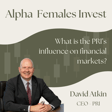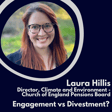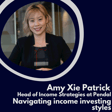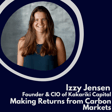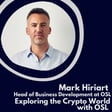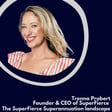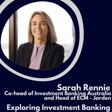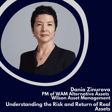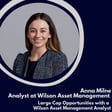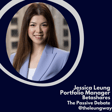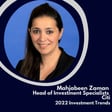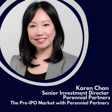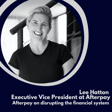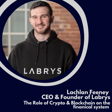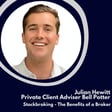
Investing in Alternatives with iPartners
AFI interviews Travis Miller, the Managing Director & Co-Founder of iPartners, a leading alternative asset investment platform that provides wholesale investors direct access to a diversified range of institutional grade alternative assets across property, private equity, private debt and venture capital. For more information on iPartners please go to: https://ipartners.iplatforms.com.au/about AFI PROMOTION: For the month of November, iPartners has reduced the minimum investment amount to $5,000 for new wholesale investors, who register using the AFI referrer code, who would like to invest in either iPartners Core Income Fund or iPartners Investment Fund. To access this opportunity please ensure you include "AFI" under Referrer when you register. The Alpha Females Invest is a financial podcast for those who want to elevate their investing knowledge. We host a series of experts to navigate a technical deep dive into their field of expertise. We aim to promote gender diversity by having at least an equal representation of female guests on our show. Thank you for listening and supporting The Alpha Females Invest. Disclaimer: The views expressed in this podcast are those of the speaker. The content is not financial advice. You should seek the assistance of a professional who can take your personal circumstances into account prior to making any investment decision. The awesome tunes are courtesy of @tmykmusic

